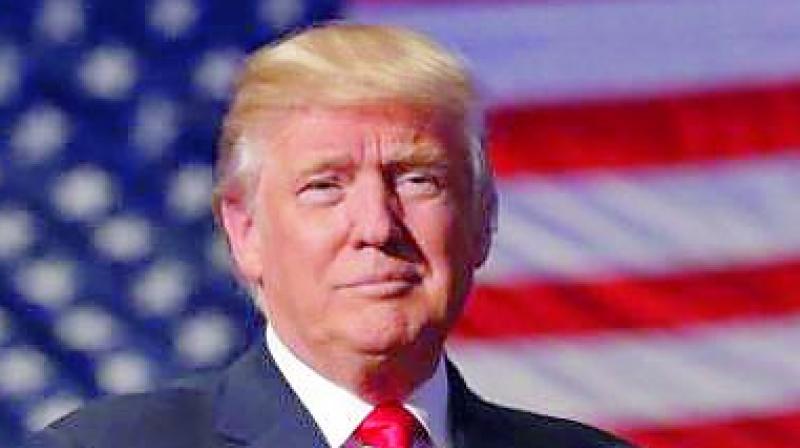Kremlin's new cyber weapons spark fears

From Donald Trump’s election to Brexit and the Catalan crisis, accusations that the Kremlin is meddling in Western domestic affairs have heightened fears over Russian hackers, trolls and state-controlled media.
While the first accusations against Moscow came following a 2016 hack attack on the US Democratic Party’s servers, they rapidly multiplied after Mr Trump’s election, revealing a whole range of tools used by the Kremlin to serve its interests.
Fears initially centered on mysterious Russian hackers who supposedly worked for Moscow’s security services as part of a cyber war but then shifted to a flood of online articles and social media posts aiming to explain Moscow's position and play up the failings of Western democracies.
In the latest episode of the saga that is dominating Mr Trump’s presidency, Russian state television channel RT, accused of broadcasting Kremlin propaganda abroad, complied with Washington demands in November to register as a “foreign agent” in the US.
A few weeks earlier, social media giant Twitter announced it would stop distributing content sponsored by RT and linked news agency Sputnik while Facebook and Google promised to do more to fight Moscow’s “disinformation”.

